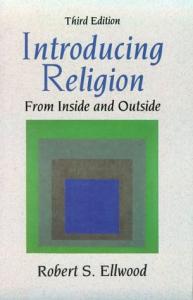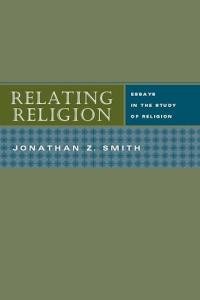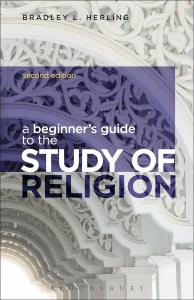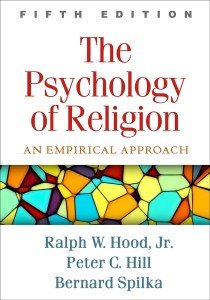Review
R. B. Pickering, in Durkheim's Sociology of Religion: Themes and Theories, delves into Durkheim's key themes and theories regarding the role of religion in society. Pickering's review is essential reading for anyone interested in the sociology of religion, as well as scholars and students of sociology, anthropology, and religious studies.
Durkheim was a pioneering sociologist who believed religion played a crucial role in shaping social order and cohesion. In his seminal work, The Elementary Forms of Religious Life, Durkheim argued that religion is a fundamental aspect of human societies, serving as a source of shared beliefs, values, and norms that bind individuals together.
Pickering's review examines Durkheim's theories on the origins and functions of religion, as well as his concept of collective effervescence, which refers to the intense feeling of unity and belonging experienced during religious rituals. The review also examines Durkheim's concepts of the "sacred" and the "profane" and their contributions to social integration.
Furthermore, the review delves into Durkheim's analysis of the role of religion in regulating social behavior and maintaining social order. It also explores his views on the relationship between religion and morality, as well as how religious beliefs and practices influence individual and collective behavior.
Overall, the primary goal of Pickering's book is to provide a comprehensive and critical analysis of Durkheim's sociology of religion, highlighting its key themes and theories and their relevance in understanding the role of religion in society. By examining Durkheim's work, readers will gain a deeper understanding of the complex relationship between religion and society and the significant impact that religion has on shaping social structures and dynamics.
Durkheim's theories on the origins and functions of religion are grounded in his belief that religion is a social construct rather than an individual manifestation of beliefs or experiences. He argued that religion is a product of collective consciousness created and maintained by society to serve specific social functions. According to Durkheim, religion serves two primary functions: it provides individuals and society with a sense of meaning and purpose, and promotes social cohesion and solidarity.
Pickering's review delves into these ideas in detail, examining how religion serves as a source of shared beliefs and values that provide individuals with a sense of belonging and identity within society. Durkheim believed that religion creates a sacred realm, separate from the profane, mundane world, and that participation in religious rituals and ceremonies allows individuals to access this sacred realm and experience collective effervescence.
Collective effervescence is a central concept in Durkheim's sociology of religion. It refers to the intense emotional and spiritual energy generated when individuals come together and participate in religious rituals. Durkheim argued that this feeling of unity and solidarity is essential for maintaining social cohesion and integration, as it reinforces shared beliefs and values and strengthens social bonds.
Moreover, Pickering's review delves into Durkheim's analysis of the role of religion in regulating social behavior. Durkheim believed that religious beliefs and practices provide a moral framework for individuals, shaping their behavior and ensuring social order. By promoting shared values and norms, religion helps to prevent social deviance and maintain social stability. This idea is particularly relevant in understanding the role of religion in traditional societies, where religious institutions often have a significant influence on social and political structures.
Additionally, the review examines Durkheim's concepts of the "sacred" and the "profane." According to Durkheim, the sacred refers to objects, beliefs, and rituals set apart from the mundane world and hold special significance for a community. The profane, on the other hand, refers to the ordinary, everyday aspects of life. By creating a distinction between the sacred and the profane, religion reinforces social boundaries. It reinforces the collective identity of a community.
The review also examines Durkheim's perspectives on the connection between religion and morality. He believed that religious beliefs and practices play a crucial role in shaping individual morals, values, and societal norms and standards. Religion provides a moral code that guides individual behavior and reinforces social norms, thereby contributing to the maintenance of social order.
Overall, Pickering's review provides a thorough and critical analysis of Durkheim's sociology of religion, highlighting its key themes and theories and their relevance in understanding the role of religion in society. It also examines the limitations and criticisms of Durkheim's work, such as his neglect of individual agency and the influence of economic and political factors on religion. Despite these criticisms, Durkheim's ideas remain influential in the field of sociology, offering valuable insights into the complex relationship between religion and society.






